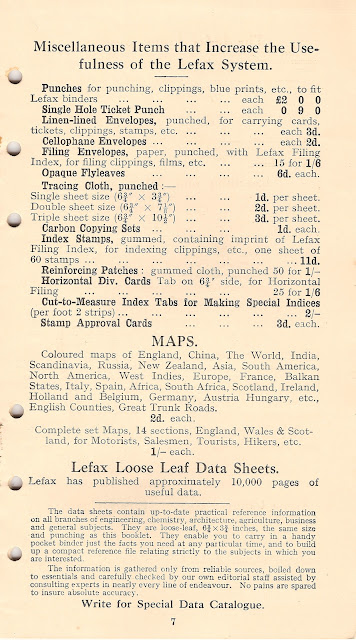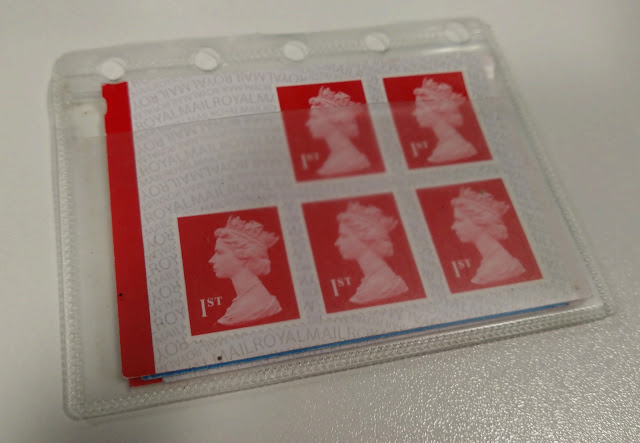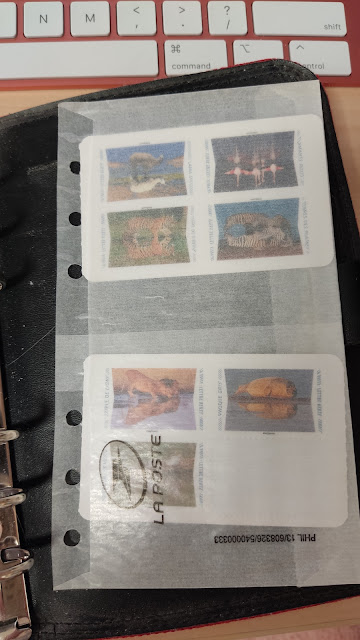Do you remember writing letters? Taking a pen and writing on a piece of writing paper, then folding it and putting it an envelope (that symbol you see to send an email!)
On the outside of the envelope you write the name and address of the person you are sending the letter to. You then put a stamp in the top right hand corner of the envelope on the side you have written the address and post it in a mail box.
Stamps are like the currency of letter writing, you pay the post office a certain amount to send a letter of a certain size and weight. Once they receive your letter it travels through their system and within a few days it will be delivered to the person you sent it to.
In the world of ever increasing electronic communications, where we can send a message in seconds without using stamps and envelopes, our children and grand children would read the above description of 'sending a letter' and roll their eyes at the thought of how slow the process was!
In years gone by, we were all letter writers in some form or another. We might have kept a stock of stamps of different values to cover the cost of postage to different countries or for different sizes of letters.
Some Filofax organisers had stamp pockets in their covers in the same way they have business card pockets now. At some point they also made an insert to hold stamps in your Filofax.
My wife Alison has one of these inserts.
It is made out of card in Personal size with six rows of semi transparent paper that you tuck the stamps behind.
Unfortunately there's no branding or date shown on the insert. The closest thing I can find mentioned in the 1937 catalogue is a 'Stamp Approval Card' but there's no illustration of it, so that is just a best guess really.
Do you carry postage stamps?
[Update]
Christopher, one of our UK readers sent me a photo of his solution to carrying stamps in his Finsbury Mini.
Thank you Christopher.
It is made of waxed paper or something like that, to avoid the stamps sticking to it.
You can't find something better than what has been designed for the job...
Just cut off the flap, punch it, and it fits very well in a personal filofax.






This definitely is a page from a stamp stock book. It might have pulled from a book and punched to fit
ReplyDeleteFascinating!!
ReplyDeleteThat looks so useful! I write a *lot* of letters and both my mother and I tend to keep stamps around in planners. Plus they'd be very useful for small sticky notes and flags we use :)
ReplyDeleteI keep a supply of stamps in the mini Finsbury I use as a wallet; I made a pocket for books of Royal Mail (UK) stamps by cutting down a credit card pocket.
ReplyDeleteVery interesting! I used to keep a couple of stamps in my Kensington when I worked in an office, but don't feel the need now that I work from home.
ReplyDeleteI expect that catalogue entry is the right one - “stamp approval cards” sold today are this sort of thing.
ReplyDeleteAnd Lefax form 717 was an Approval Card with “slit-type pockets to hold stamps, cards, memo., clippings; visible and accessible.” However that had seven pockets, so one extra!
I absolutely do keep stamps in the back of my planner. These days they are in the books as sold by the British post offices, and held in a credit card holder. I still send postcards and letters, and also keep a single page contact list with the addresses I use most regularly for correspondence.
ReplyDeleteSo interesting! Maybe I could make one!! Thanks Steve.
ReplyDeleteUK readers will have seen that new, much larger, digital stamps are now being sold. These don’t fit in many traditional stamp pockets found in older organisers. The traditional standard stamps have to be used (or swapped) before 31/1/23.
ReplyDeleteAs an aside, those of us who store stamps for years might need to consider swapping or using them before the beginning of next year as Royal Mail have changed the design of stamps and older ones will no longer be valid.
ReplyDeleteThat i didnt know but found this on the Royal mail website - "We're giving you plenty of notice about this change and any non-barcoded stamps you have will still be valid until 31 January 2023. If you won't be able to use all of your stamps by that date you can swap them out for new barcoded ones".
ReplyDelete